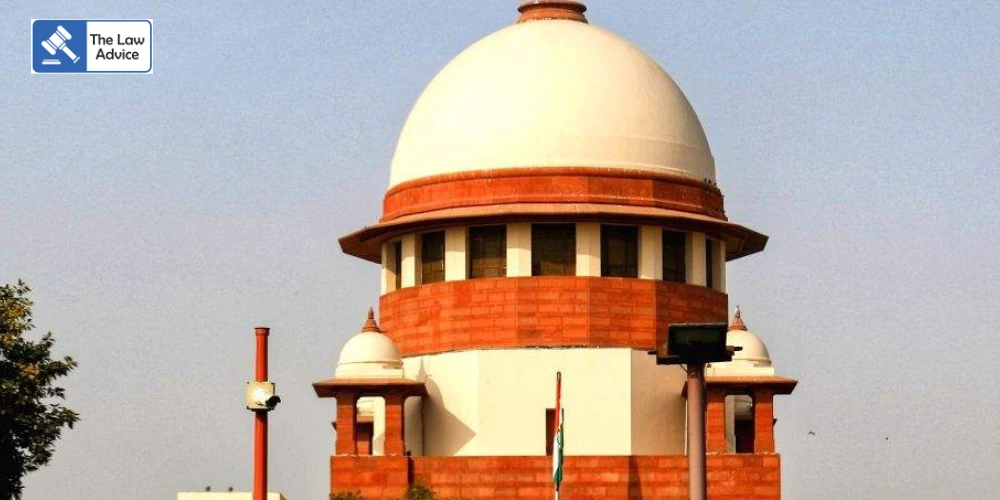
Reaffirming that a recruitment process cannot remain open-ended, the Supreme Court has held that the rights of waitlisted candidates extinguish once all selected candidates have joined their posts.
A Bench comprising Justices PS Narasimha and Atul S. Chandurkar allowed the Union government’s appeal and set aside a Calcutta High Court order that had directed the notional absorption of a waitlisted candidate nearly two decades after the original recruitment process had concluded.
The case arose from a 1997 recruitment drive by All India Radio for three Technician (SC category) posts. The respondent, placed first on the waiting list, never received an appointment because all selected candidates had joined their positions. During litigation in 1999, government counsel informally assured that the respondent would be accommodated once a vacancy arose—an assurance that later became the foundation for continuous litigation spanning over 25 years.
In 2024, the Calcutta High Court directed that the respondent be notionally absorbed from 2013, invoking the doctrine of legitimate expectation based on that earlier assurance.
Justice Chandurkar, writing the judgment, clarified that while concessions made before a court must be treated seriously, they cannot override statutory recruitment rules. “If giving effect to such a concession leads to violation of statutory provisions, the concerned party can seek correction of that error and cannot be compelled to honour a legally impermissible concession,” the Court observed.
The Bench further held that once all advertised posts are filled, the waitlist automatically lapses. Extending it indefinitely or using it to fill future vacancies would unfairly impact new aspirants in subsequent recruitment cycles.
“It would amount to filling a post in a later recruitment based on an earlier selection, thereby prejudicing future candidates and unlawfully prolonging the life of an exhausted waitlist,” the judgment stated.
Concluding that the 1997 recruitment process ended once all vacancies were filled, the Court ruled that the High Court erred in directing the respondent’s absorption and accordingly allowed the appeal.
Cause Title: The Union of India & Ors. v. Subit Kumar Das
Website designed, developed and maintained by webexy